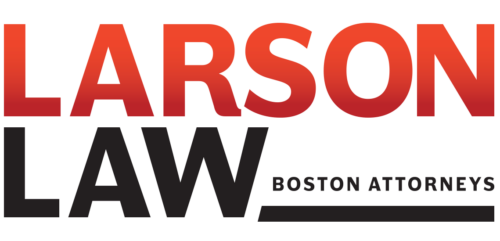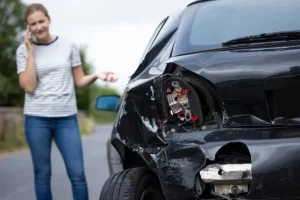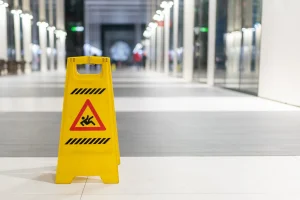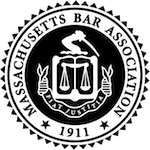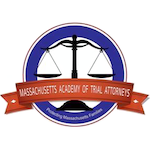Car accidents on U.S. highways continue to climb despite remarkable improvements in car safety. According to the Bureau of Labor Statistics, about 13 accidents occur on U.S. roads every minute. These car crashes have a massive impact on the economy, with estimates showing a $474 billion dent in 2020.
How do you make sure you’re not the one footing part of this massive bill? By having a measured and tactical response to a car accident.
How you respond to a car accident immediately after you get involved in one will determine the fate of your insurance claim and legal case if you’re liable or if there’s personal injury. Here are the proper steps you should take from the point of impact.
Check for Injuries and Move to a Safe Area
The first and most important thing to do immediately after an accident is to check for injuries or anyone injured. According to statistics, the risk of death or injury per 100,000 miles traveled has increased steeply by 21% between 2019 and 2020. That puts car accident victims at much greater risk since reporting began in 1975. If any of the victims are injured, call 911 for an ambulance and the police immediately. If there are no injuries, then you can focus on moving the cars to a safe area.
If the vehicles are still operational, you can move them to the shoulder or off the main road and switch on the hazard lights. Ensure you’ve entirely pulled off the road to avoid getting hit by other fast-approaching vehicles. To ensure the safety of oncoming traffic, set up flares or reflective emergency triangles to warn other drivers. If there’s a fire or explosion risk, get everyone to a safe place off the road, away from the vehicle.
Call the Police
Most states require that you call the police whether the accident was major or minor and the other driver is cooperative. Some stipulate that you must engage the police if the property damage exceeds a certain amount set by state law. Typically, this figure is around $1,000, though some states have a lower threshold.
Since it’s impossible to estimate the cost of damages at the scene, it is always advisable to call 911 and file a police report.
The responding officer will speak to everyone involved in the accident and prepare the police report. Having a law enforcement officer around may also be helpful if you discover that the other driver was driving without car insurance or under the influence.
An official police report also helps file insurance claims, as most insurance companies require you to present one when making your claim.
Ensure that you get the name and badge of the responding police officer and the police report number, if possible.
Exchange Information with Any Other Involved Driver
It is advisable to exchange some general information with the other driver. However, you should only limit yourself and the other driver to the following necessary details:
- Your names
- Your general insurance information – Do not share your personal insurance information, such as limits or premiums paid. The policy number and insurer’s phone number are enough
- The other driver’s telephone number, if they’re willing to share
- The other driver’s license number
- The car owner’s information if the driver is not the owner
- Witness contact information
- The police report number and a copy of the report, if possible
- The name and badge number of the responding officer
To avoid transcription errors, you can take pictures of some of this information, such as the other driver’s insurance card and driver’s license, which you can text or email yourself.
Gather Potential Evidence
Apart from exchanging information with the other driver and witnesses, try to gather as much evidence as possible. You should note details about the vehicles involved in the accident, such as:
- Make
- Model
- Year
- License plate number (a partial plate number can still be helpful)
- ·General description (such as dents, bumper stickers, and colors)
You can also take pictures of any skid marks, vehicle damage, area conditions, and traffic signals. For instance, if you had an accident at a four-way stop, but your stop sign was missing or lying flat on the ground, taking a picture to document this evidence can help determine liability.
Also, look around and determine if there were any surveillance or doorbell cameras nearby that might have recorded the accident. Note their location and find out who you’ll need to contact for the footage.
Don’t Have Roadside Discussions About Responsibility
It is tempting to start discussing the accident with the other driver on the roadside and try to establish blame. But that’s not the wisest thing to do.
Immediately after an accident, emotions are often high, and we can end up saying emotionally distressing, infuriating, or criminalizing things. It’s best to move the cars to a safe area, if possible, call 911, and wait for a police officer to arrive and assess the scene.
Call the Tow Truck If Necessary
Depending on your car’s damage, you might have to call a tow truck and send the car to a collision repair center. Some drivers have motor club memberships that come with tow truck services. In some cases, the responding police officer might call the tow truck for you, or the car manufacturer may offer it as part of their driver assistance program. However, don’t assume that any tow truck that arrives is from a reputable company. Always ensure you’ve verified its credentials and taken down all its contact information.
Talk to Your Insurance Company
It can be tempting to negotiate a cash deal to avoid making an insurance claim for an accident. However, not informing your insurance company immediately after the crash can leave you liable for damages from the accident. Your insurance claims professional will often help you navigate your options, ensuring you get the best deal to cover any costs or damages from the accident. This might include checking your policy for any coverage that might cover the excess damages that the insurance for the driver at fault cannot cover. For instance, if your insurance company determines you were not at fault, you may be given a liability waiver, so you don’t have to pay your deductible.
Get Help from A Reputable Law Firm
If you’re going to file an insurance claim for liability or pursue a legal case for personal injury, it is paramount that you get in touch with a reputable law firm to improve your chances of getting your claims settled or winning the case. Even when dealing with insurance firms, they can be difficult accepting claims and paying them in their entirety. Contact a law firm today and learn what legal options you may have in case of a car accident.
